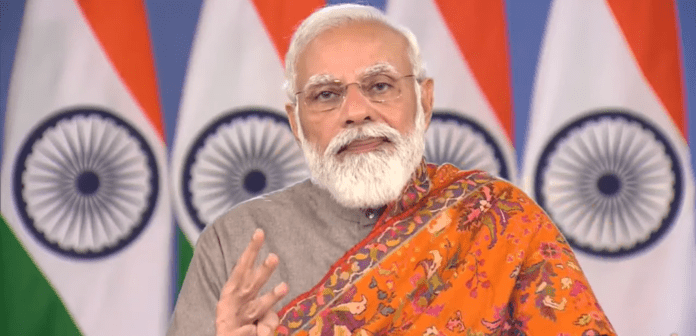Pakistan calls for global intervention following reports of India’s “extra-territorial killings,” as Indian defence minister issues a stark cross-border threat
Pakistan has issued a call for an international response to what it terms “extra-territorial killings” by India, as tensions between the two countries escalate. This plea for global action comes in the wake of a report by a British publication, revealing India’s alleged targeted assassinations in Pakistan. The Guardian’s investigation, citing Pakistani and Indian intelligence sources, outlined how India’s Research & Analysis Wing (RAW) has been implicated in numerous assassinations within Pakistani territory since 2020, drawing parallels to operations historically associated with Israel’s Mossad and Russia’s KGB.
According to the report, the Indian intelligence network’s actions, believed to be under direct command from Prime Minister Narendra Modi’s office, extend beyond Pakistan, with incidents of similar nature reported in Canada and the United States. The spotlight was particularly cast on the murder of a Sikh leader in Canada and an attempted assassination in the US last year, both purportedly orchestrated by RAW.
In response, Pakistan’s foreign office spokesperson, Mumtaz Zahra Baloch, expressed the need for a coordinated international stance against India’s actions, highlighting recent evidence shared by Pakistan’s foreign secretary, Muhammad Syrus Sajjad Qazi. The evidence aimed to link Indian agents to the killings of two Pakistani nationals on their own soil, emphasizing a pattern of “Indian-sponsored terrorist acts” that align with those observed in other nations.
Baloch underscored the breach of Pakistan’s sovereignty and international law represented by these acts, advocating for the international community’s role in holding India accountable for its actions.
Compounding the situation, Indian Defense Minister Rajnath Singh’s comments to CNN News18 signalled an aggressive stance from New Delhi. Singh stated that India would pursue individuals across the border into Pakistan if they were involved in “terrorist activities” against India, marking a clear admission of India’s willingness to engage in cross-border operations.
The assertion by the Indian defence minister, coupled with Pakistan’s call for an international response, underscores the deepening rift between the two nations. Pakistan’s emphasis on the violations of international norms and India’s robust defence of its security measures reflect the complex dynamics at play, raising concerns about the potential for further escalation.
The international community watches closely as these developments unfold, with the situation’s resolution requiring careful diplomacy and adherence to international law and norms.
